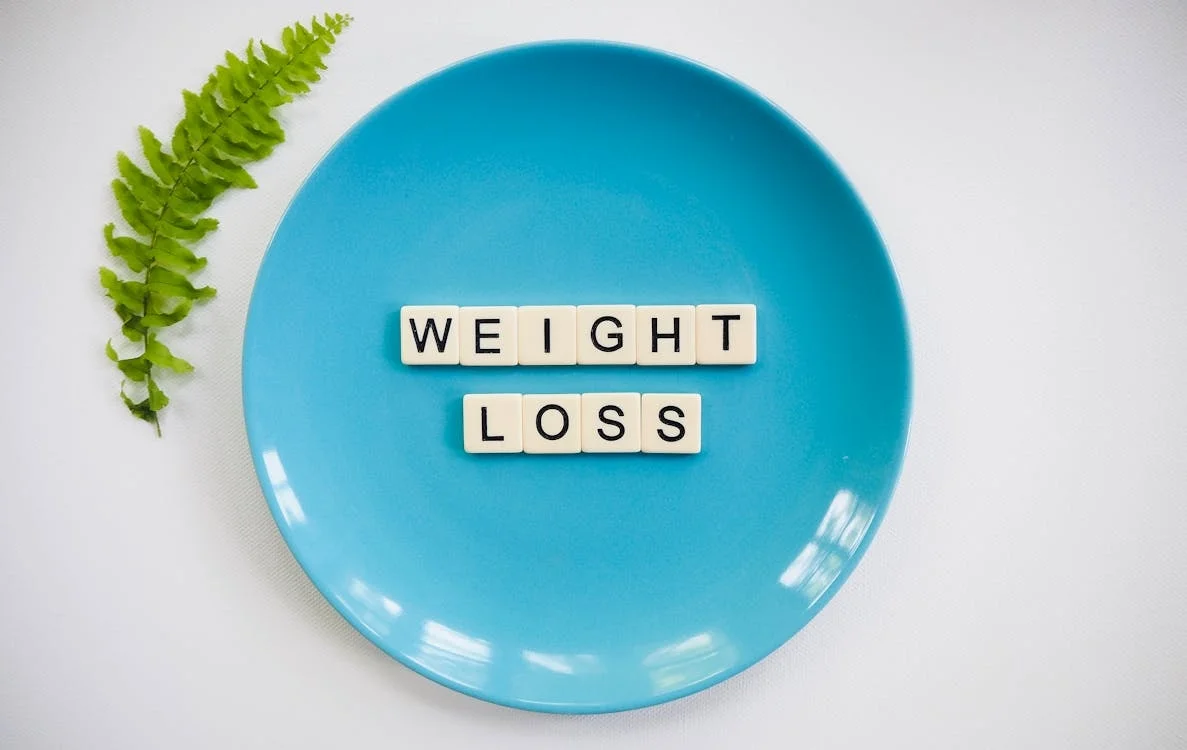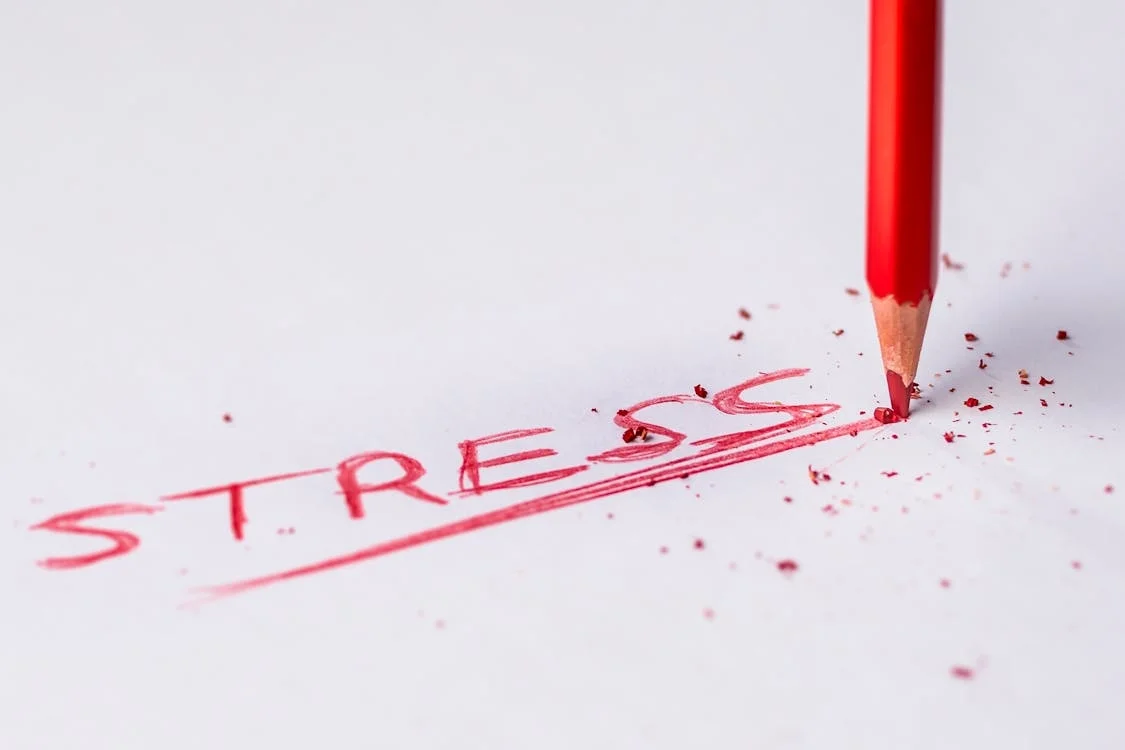SIGNS YOU ARENT TAKING ENOUGH PROTEINS
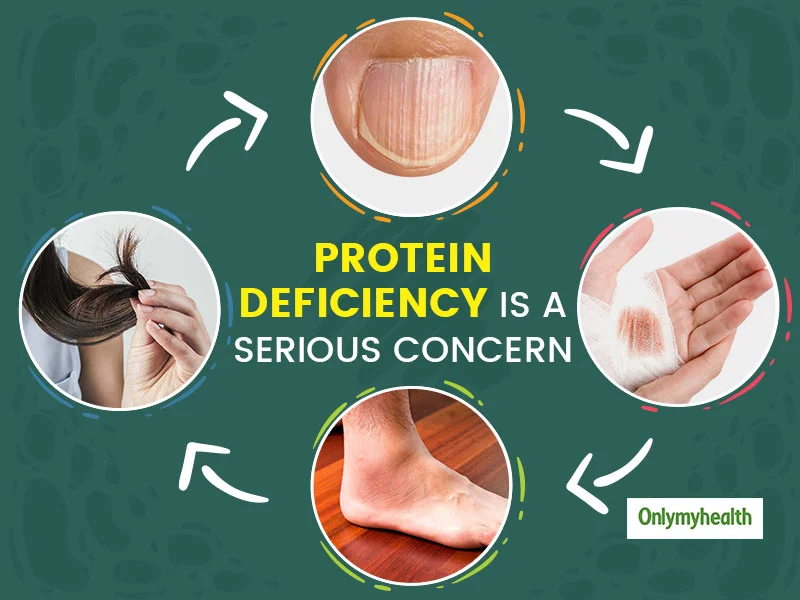
Although the main cause of protein deficiency is a protein deficient diet, the disorder can commonly occur in a variety of pathologic states. In particular, the disorder can be seen in the general context of starvation (although the deficits may be both protein and energy) or in disorders where there are specific protein losses from the body as in nephrotic syndrome or after burns
1.Brittle Nails
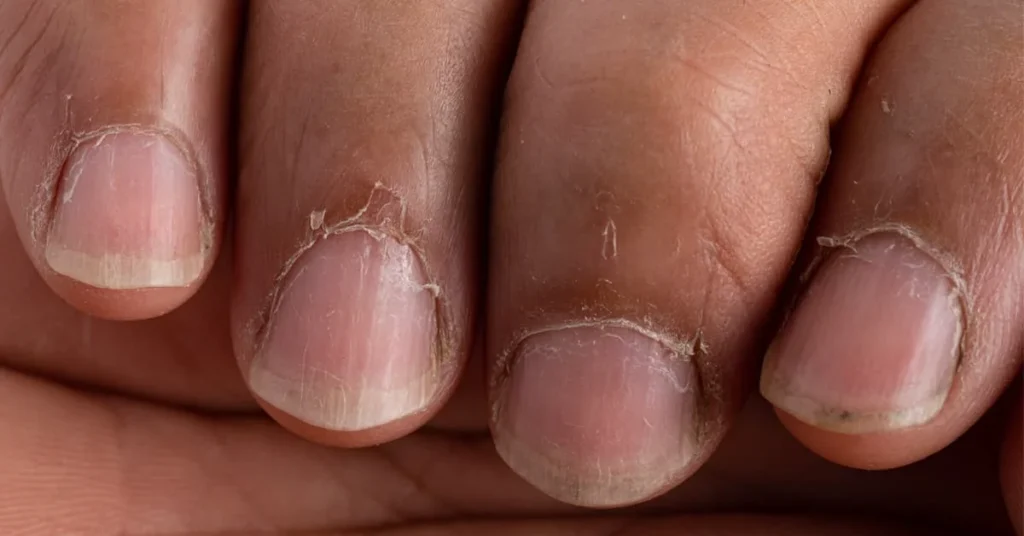
Nails are made up of certain proteins called as Keratin. If we take an inadequate amount of proteins, then it can result in weak and brittle nails. In order to avoid protein deficiency, one should include lean protein sources in the diet like poultry, fish, eggs, legumes and tofu etc.
2. Chronic Fatigue

Research shows that just a week of not eating enough protein can affect the muscles responsible for your posture and movement, especially if you’re 55 or older. And over time, a lack of protein can make you lose muscle mass, which in turn cuts your strength, makes it harder to keep your balance, and slows your metabolism.
3. Painful or irregular periods

Protein-rich foods not only regulate periods, but also promotes fertility. Omega-3/fish oil can relieve menstrual cramps. Hence irregular and painful periods can also be a sign of protein deficiency as low protein diet is linked with low estrogen levels (and consequently low progesterone and lack of ovulation)
4. Sugar cravings

Proteins are responsible for the production of Cholecystokinin Hormone (CCK) in the small intestine which in return is responsible for overall reduced appetite. Therefore, a low-protein diet results in reduced CCK and strong cravings for sugars.
5. Weak immune system
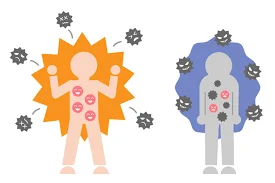
A severe protein deficiency can impair your immune system. Protein helps make antibodies that protect you from infection and other illnesses. Protein deficiency leads to fewer antibodies, which can increase your risk of developing an infection.
6. Energy crashes

One classic sign of a protein deficiency is a feeling of weakness or constant fatigue. As registered dietitian Erica Wickham explained on Live strong, feeling lethargic and tired all the time can be the result of low protein stores in the body. This fatigue can also be coupled with an inability to stay warm and general irritability. Of course, fatigue can have many different medical causes. If you find yourself feeling tired every day, it’s worth scheduling an appointment with your doctor.
7. Hair loss and hair thinning

Notably, hair strands are composed primarily of keratin protein, from dead keratinized cells (keratinocytes). Amino acids (the building blocks of protein) are vital for the replication of these protein packed cells. Adequate protein intake is therefore critical for providing the amino acids that are needed for normal hair growth. Correspondingly, protein deficiency can cause hair loss, make all types of hair loss worse, and adversely affect any hair loss treatment.
8. Always hungry
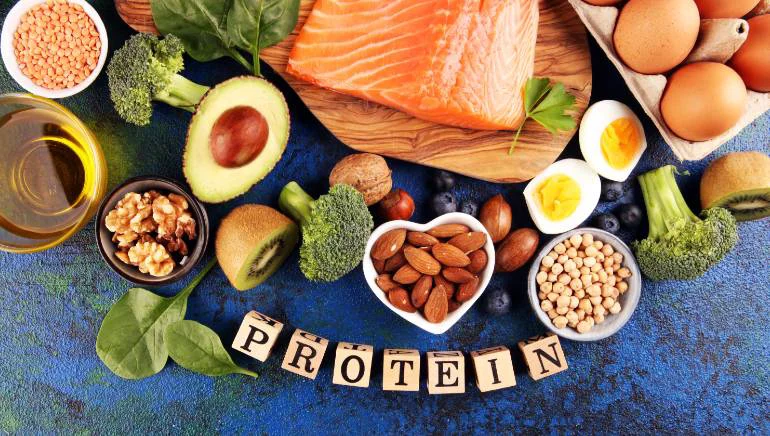
Your unwarranted hunger, which occasionally drives you to overeat, can happen due to a number of causes. Yet, one of the main causes of this is a dietary deficit, particularly a lack of protein. You are abler to succeed and regain control over your hunger, cravings, and binge eating when your body is given the proper nutrition. But, a protein deficiency might make you feel hungry more frequently and potentially contribute to weight gain.
9. Swelling
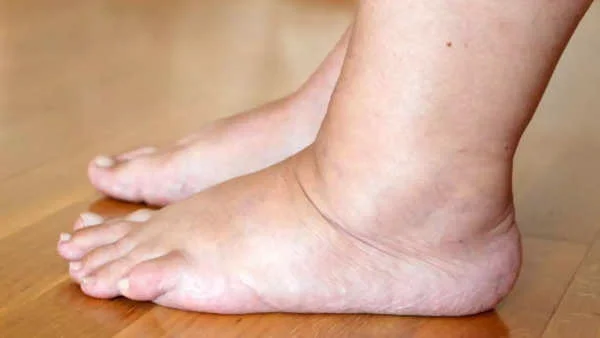
One of the most common signs that you’re not getting enough protein is swelling (also called edema), especially in your abdomen, legs, feet, and hands. A possible explanation: The proteins that circulate in your blood — albumin, in particular — help keep fluid from building up in your tissues. But many things can cause edema, so be sure to check with your doctor in case it’s more serious
10. Stunted Growth

Protein is essential for growth. Growth stunting, or impaired growth and development, can occur when children don’t get enough protein. This is one of the symptoms of kwashiorkor. Growth stunting can affect health and well-being in multiple ways, including:
- Poor performance in school
- Impaired cognitive development
- Increased risk of nutrition-related chronic health conditions
It is important to treat protein deficiency early, especially in children. Early treatment can reduce the risk of complications like permanent physical disabilities.
11. Delayed Wound Healing

People who are low on protein often find their cuts and scrapes take longer to get better. The same seems to be true of sprains and other exercise-related mishaps. It could be another effect of your body not making enough collagen. It’s found in connective tissues as well as your skin. To make blood clot, you need proteins, too.
12. Loss of Muscle Mass
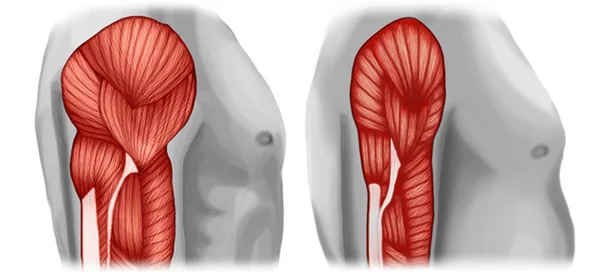
Your muscles are your body’s largest reservoir of protein. When dietary protein is in short supply, the body tends to take protein from skeletal muscles to preserve more important tissues and body functions. As a result, a lack of protein could lead to muscle wasting over time. Even moderate protein insufficiency may cause muscle wasting, especially in older adults. In fact, research suggests adults ages 65 years and older should consume at least 0.5 grams of protein per pound (lb.) of body weight, which is more than the recommended daily allowance of 0.36 g. Increased protein intake may help prevent sarcopenia, which is the slow loss of muscle associated with aging.


